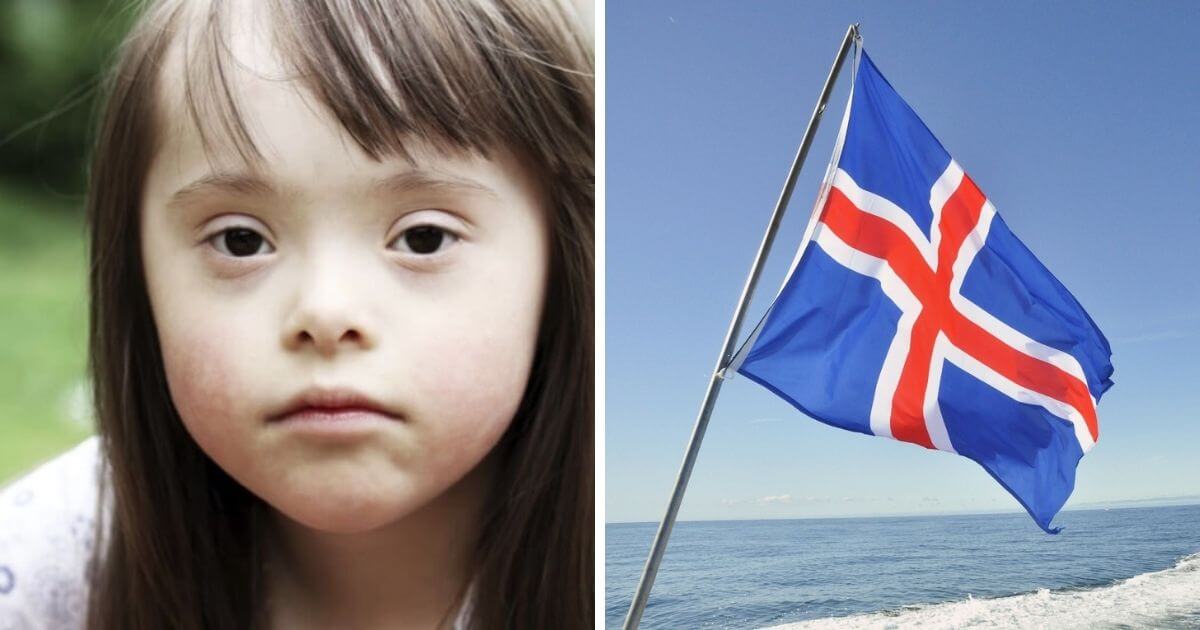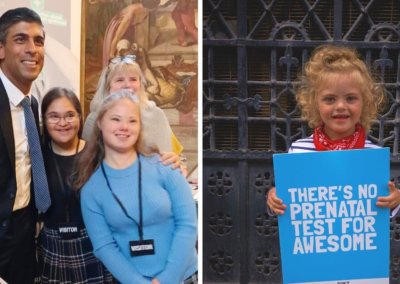Iceland has been called out at the United Nations for its treatment of people with Down’s syndrome in an apparent reference to the fact that almost 100% of babies with Down’s syndrome in Iceland are aborted.
Towards the end of January, at the Universal Periodic Review in the Human Rights Council, in which countries in the UN undergo an appraisal of their Human Rights record, Iceland was criticised for its treatment of people with Down’s syndrome.
During the meeting, which takes place every five years, the delegate from the Philippines (2:12:00) recommended that Iceland “take immediate and effective steps to combat discrimination against persons with disabilities, particularly those with Down’s syndrome and strengthen public awareness campaigns to uphold their rights and provide comprehensive support and assistance to concerned persons and their families”.
The delegate from Iran (1:28:18) said that Iceland should “take effective steps to combat discrimination against persons with disabilities particularly those with Down’s syndrome”.
According to the European Down Syndrome Association, “Since prenatal screening tests were introduced in Iceland in the early 2000s, the vast majority of women – close to 100 percent – who received a positive test for Down syndrome terminated their pregnancy”.
In its own report to the UN about its human rights record, Iceland made no mention of its treatment of children with Down’s syndrome.
NIPT and the decline of Down’s syndrome births
Scientists have found that the number of British children born with Down’s syndrome has fallen by more than fifty percent according to the latest figures, as increasing numbers of parents opt for a controversial prenatal screening test for Down’s syndrome.
A study, published in the European Journal of Human Genetics, by Gert de Graaf of the Dutch Down Syndrome Foundation, Frank Buckley of Down Syndrome Education International, and Dr. Brian Skotko of Massachusetts General Hospital, found that the number of infants born with Down’s syndrome in the UK fell by 54% between 2011 and 2015, a period that saw the arrival of non-invasive prenatal testing (NIPT) to the UK in 2012.
The study is based on information spanning from 2011 to 2015, which has been sourced from a number of registries and databases in every country in Europe.
In the UK, it remains legal to have an abortion up to birth if the baby is prenatally diagnosed with having Down’s syndrome.
Right To Life UK spokesperson, Catherine Robinson, said: “It is not clear what these periodic reviews of human rights really accomplish but it is good that Iceland receives at least some international push back for its blatant ableist agenda against persons with Down’s syndrome”.
“Iceland’s track record for abortions of babies with Down’s syndrome is appalling, but the UK and many other countries also have an extremely poor record. One would think that, in this world where equality in opportunity and rights are championed and fought for, this kind of discrimination would be outlawed. Unfortunately, the hypocrisy of many western nations leaves this practice unchallenged. This has got to change”.












